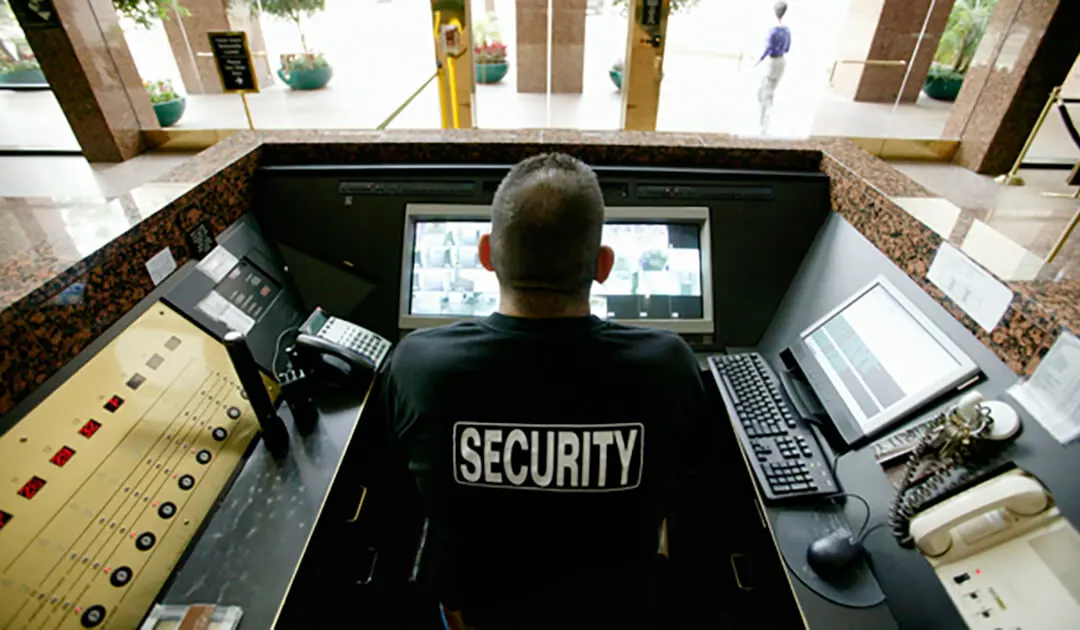Hospital Security and Joint Commission Standards

If your facility receives accreditation from The Joint Commission (TJC), you’re probably familiar with their accreditation standards for patient, individual, and resident care. A number of these standards focus on preventing and reducing the use of restraint in healthcare facilities, and on using restraint only when a patient’s behavior presents an immediate risk of physical harm to self or others. CPI training, with its trauma-sensitive, person-centered focus on alternatives to restraint as well as safer, less harmful physical interventions to be used only as a last resort, can help you meet The Joint Commission’s standards [PDF].
TJC has a variety of additional standards that facilities and their security staff must meet. A Campus Safety article by Bryan Warren, director of corporate security for the Carolinas HealthCare System, outlines the additional standards, categorizing them into Known Standards, Known Unknowns, and Unknown Unknowns, as many are “not where you would expect to find them in the current Joint Commission standards.”
Among the Known Standards is the Environment of Care standard that a hospital must have written plans in place for managing the security of everyone in the facility. These plans need to be reviewed and updated annually.
Warren notes that many of the Known Unknowns “are from security and safety related disciplines that overlap and spill into the security and public safety domain, such as emergency management.” One example is the Emergency Management standard that “the hospital implements the components of its Emergency Operations Plan that require advance preparation to support security and safety during an emergency.”
An example of an Unknown Unknown is the Human Resources section standard that “the hospital defines the competencies it requires of its staff who provide patient care, treatment or services . . . uses assessment methods to determine the individual competence in the skills being assessed . . . and an individual with the educational background, experience, or knowledge related to the skills being reviewed assess competence.”
So what kind of written plans, emergency preparations, and staff training do you have in place in your hospital, particularly in your security department? At CPI, we strongly recommend ongoing training to prepare your staff to handle violent or aggressive behavior and to minimize risks for everyone.
Schedule a Consultation
Learn how CPI’s training programs can benefit your organization.
Let's Connect